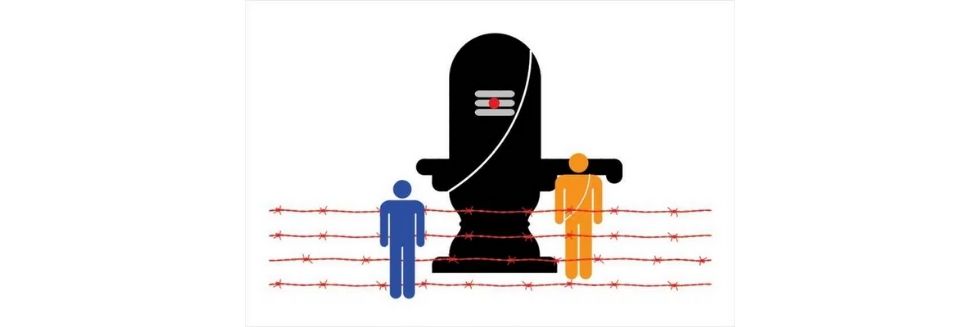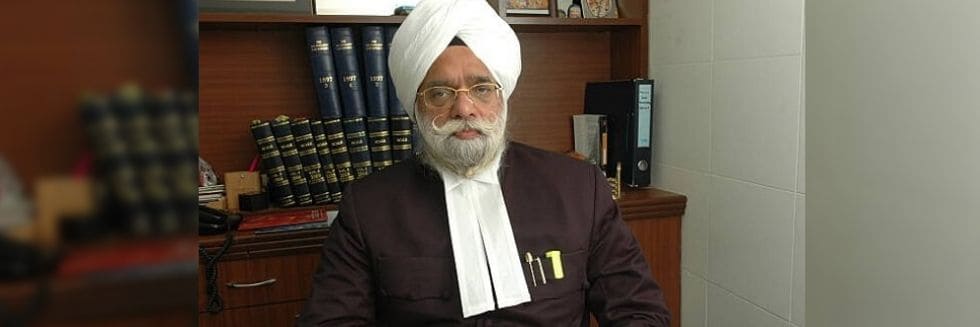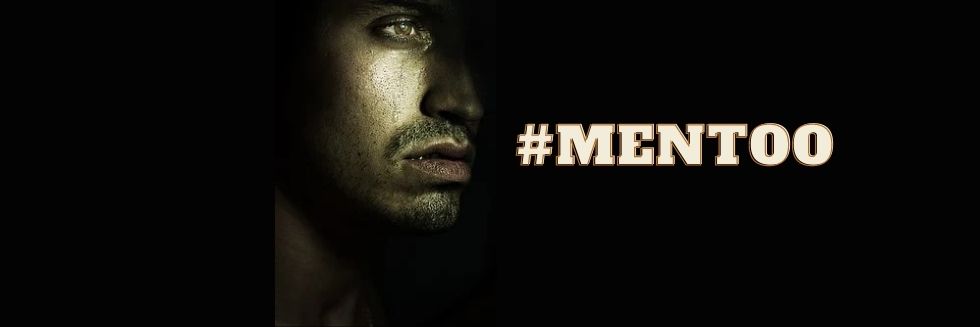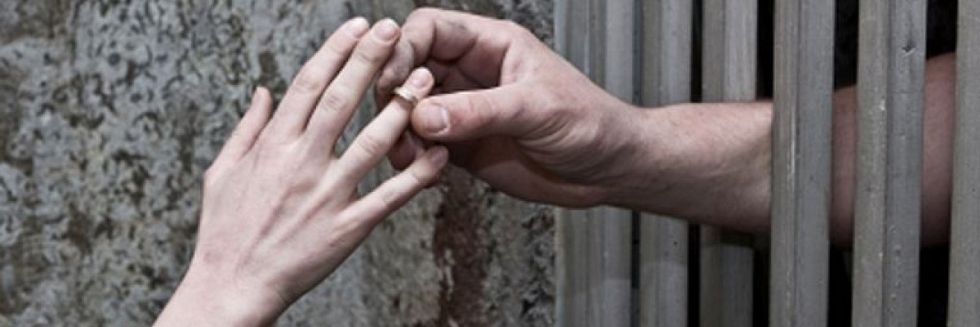A Dalit man was fined ₹ 25,000 in Miyapura village in Karnataka’s Koppal district. The reason might leave you in shock. He was fined after his 4-year-old son entered the Anjaneya temple. As per the city police, five people including the priest have been taken into custody.
As per the locals, Dalits were traditionally not allowed to enter the temple and they used to pray standing outside.
The incident allegedly took place on September 4 when the toddler ran inside the temple while his father was praying. After humiliating them for long, the upper caste villagers ordered the Channadasara community to pay fines of ₹ 25,000 for the boy’s entry into the temple and ₹ 11,000 to sanitize the temple.
Following a complaint filed by Social Welfare Assistant Director Balachandra, five people – Kanakappa Poojari, Hanuma Gowda, Gavi Siddappa Myageri, Virupaksha Gowda Myageri, and Sharana Gowda – have been arrested.
As per the latest National Crime Record Bureau report,
- A scheduled caste (SC) person faced crime every 10 minutes in India in 2020.
- Total of 50,291 cases registered for crime against scheduled castes which shows an increase of 9.4 percent over 2019 (45,961 cases).
- The crime rate increased by 9.3% to a total of 8,272 cases in 2020.
28% – related to Covid-19 violations
- 16,543 cases of “simple hurt” formed the largest percentage (32.9) of atrocities against SCs.
- 4,273 cases (8.5 percent) under SC/ST (Prevention of Atrocities) Act.
- 3,788 cases (7.5 percent) under criminal intimidation.
But crimes against women slowed 8.3%,
- Rape cases dropped 12.4%, and
- Abduction decreased by 19.3%.
As per NCRB data,
- Simple hurt cases (2,247) about crimes or atrocities against STs accounted for 27.2 percent of cases,
- Rape with 1,137 cases (13.7 percent), and
- Assault on women with intent to outrage her modesty with 885 cases (10.7 percent).
Uttar Pradesh Tops the List
- The highest of 12,714 cases (25.2 percent) of crimes against SCs were reported in Uttar Pradesh,
- 7,368 (14.6 percent) in Bihar,
- 7,017 (13.9 percent) in Rajasthan,
- 6,899 (13.7 percent) in Madhya Pradesh and
- 2,569 (5.1 percent) in Maharashtra.





